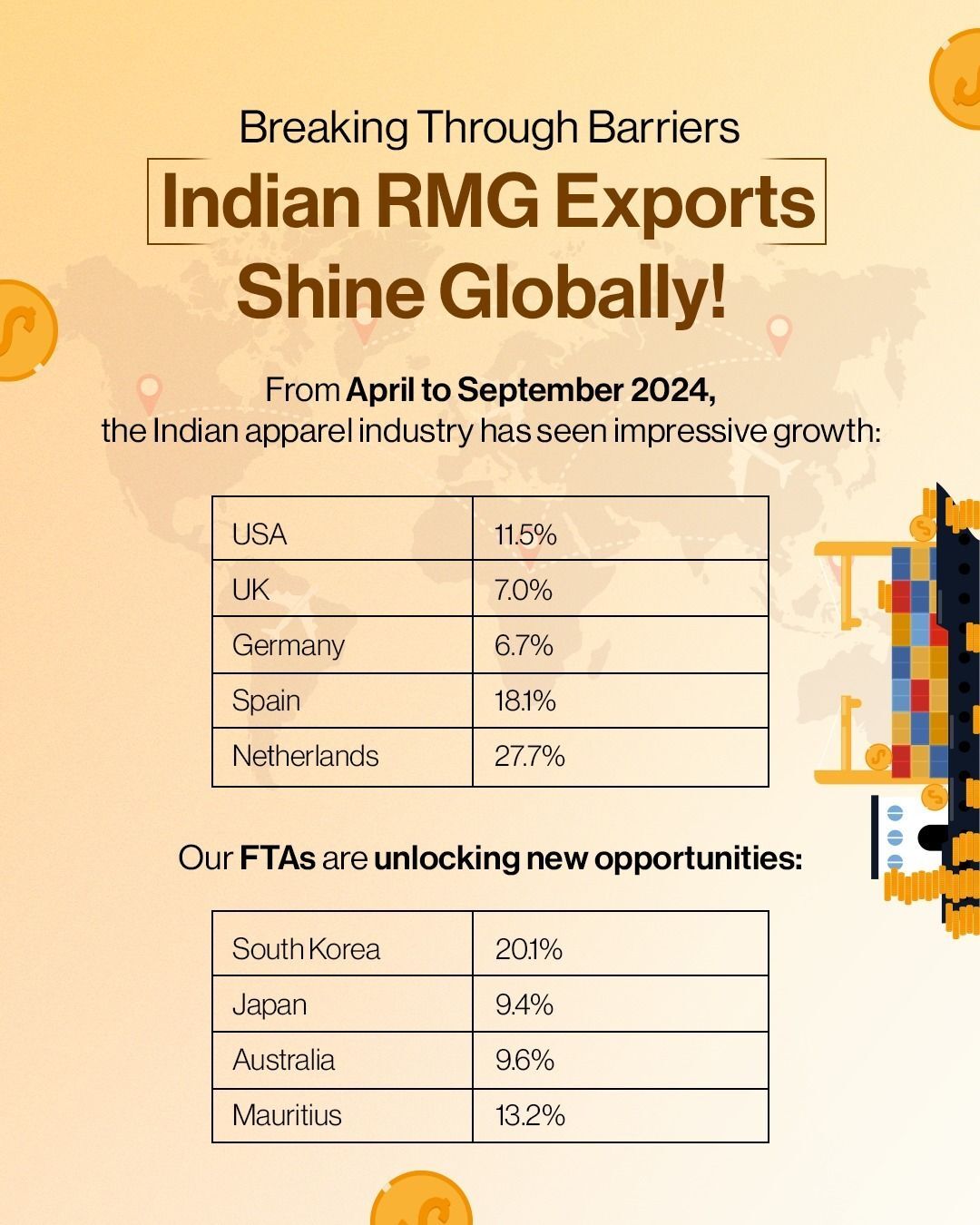In a landmark move, the Sustainable Apparel Coalition (SAC) and the Social & Labor Convergence Program (SLCP) have solidified their strategic partnership, heralding a new era in the quest for improved working conditions in the apparel sector. SLCP, having recently transitioned into an independent non-profit foundation, celebrates its separation from SAC, signifying a maturation of its mission since its inception by SAC in 2015.
The collaborative efforts have yielded significant achievements over eight years, with SLCP boasting more than 11,000 facilities across 60 countries having undergone SLCP-verified assessments. Notably, the adoption of SLCP's Converged Assessment Framework (CAF) has unlocked an estimated $23 million annually through reduced duplicative audits, garnering support from over 70 prominent brands and organizations.
With SLCP's formal separation on February 1, 2024, both entities reiterate their commitment to a tightly integrated collaboration, aligning their tools and strategies for enhanced global working conditions. SAC remains steadfast in its support of CAF as the preferred social compliance assessment framework, ensuring its integration into the Higg Facility Social & Labor Module (FSLM) tool.
Andrew Martin, SAC's executive vice president, emphasizes the shared values propelling the partnership towards catalyzing collective action at scale. Janet Mensink, CEO of SLCP, echoes this sentiment, highlighting the collaborative power of industry-wide cooperation in advancing social responsibility.
Looking ahead, SAC and SLCP are poised to extend their impact beyond the apparel industry, aiming to expand the reach of CAF into adjacent sectors. This holistic approach underscores a commitment to harmonized assessment frameworks and increased adoption, fostering a culture of responsibility and accountability within the industry.
The strategic collaboration between SAC and SLCP sets a precedent for industry convergence and collective action, underscoring a shared vision for a sustainable future in global supply chains.












